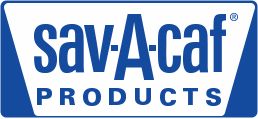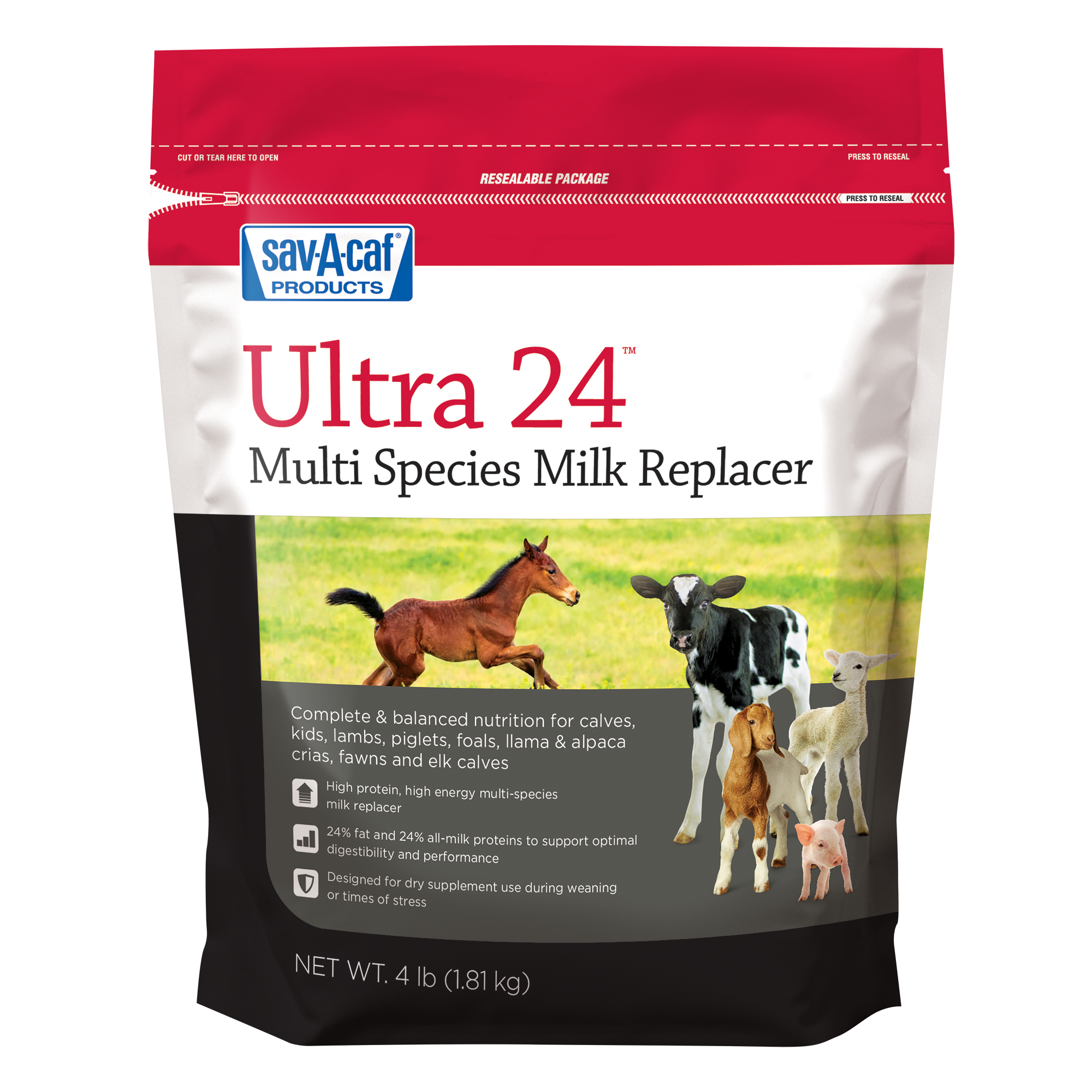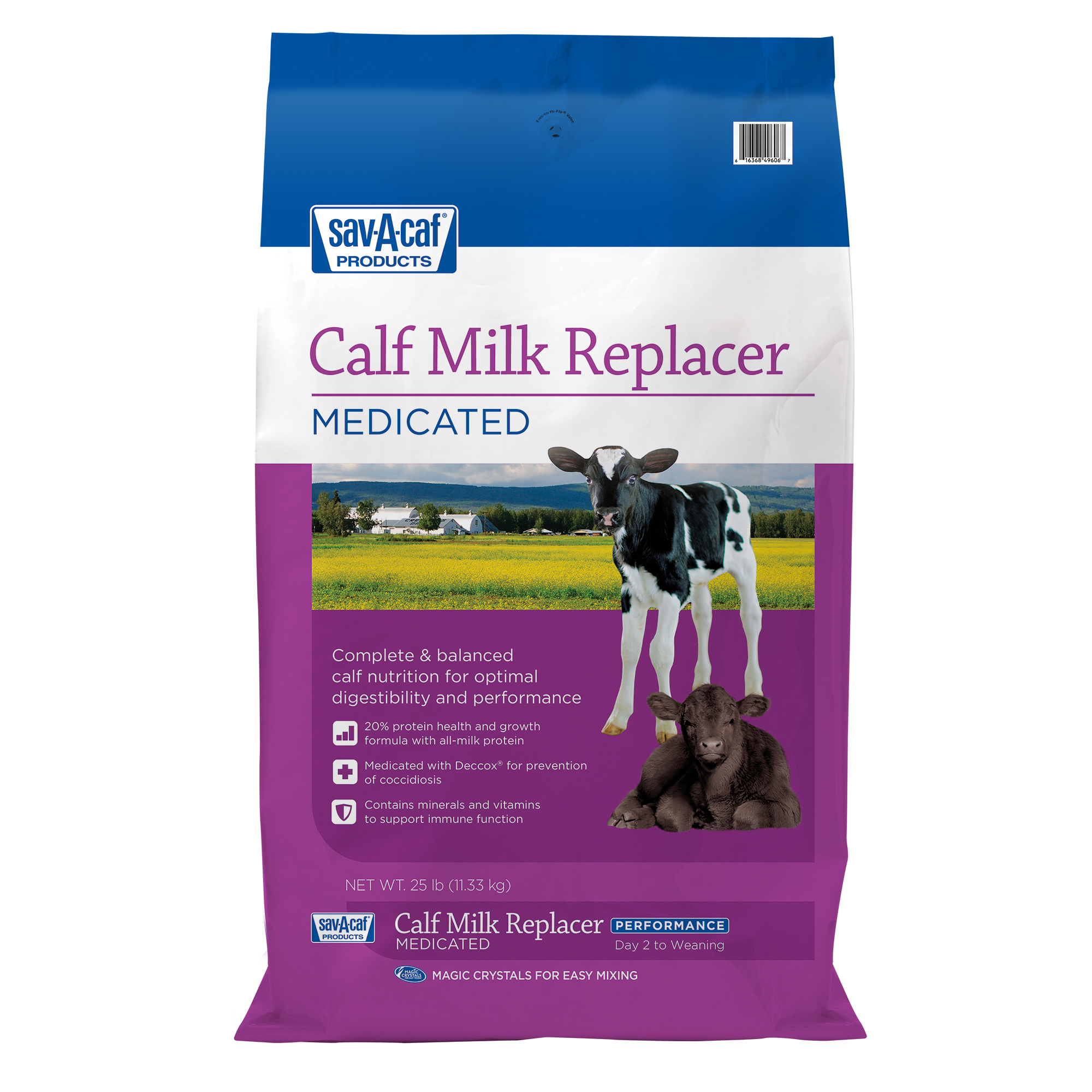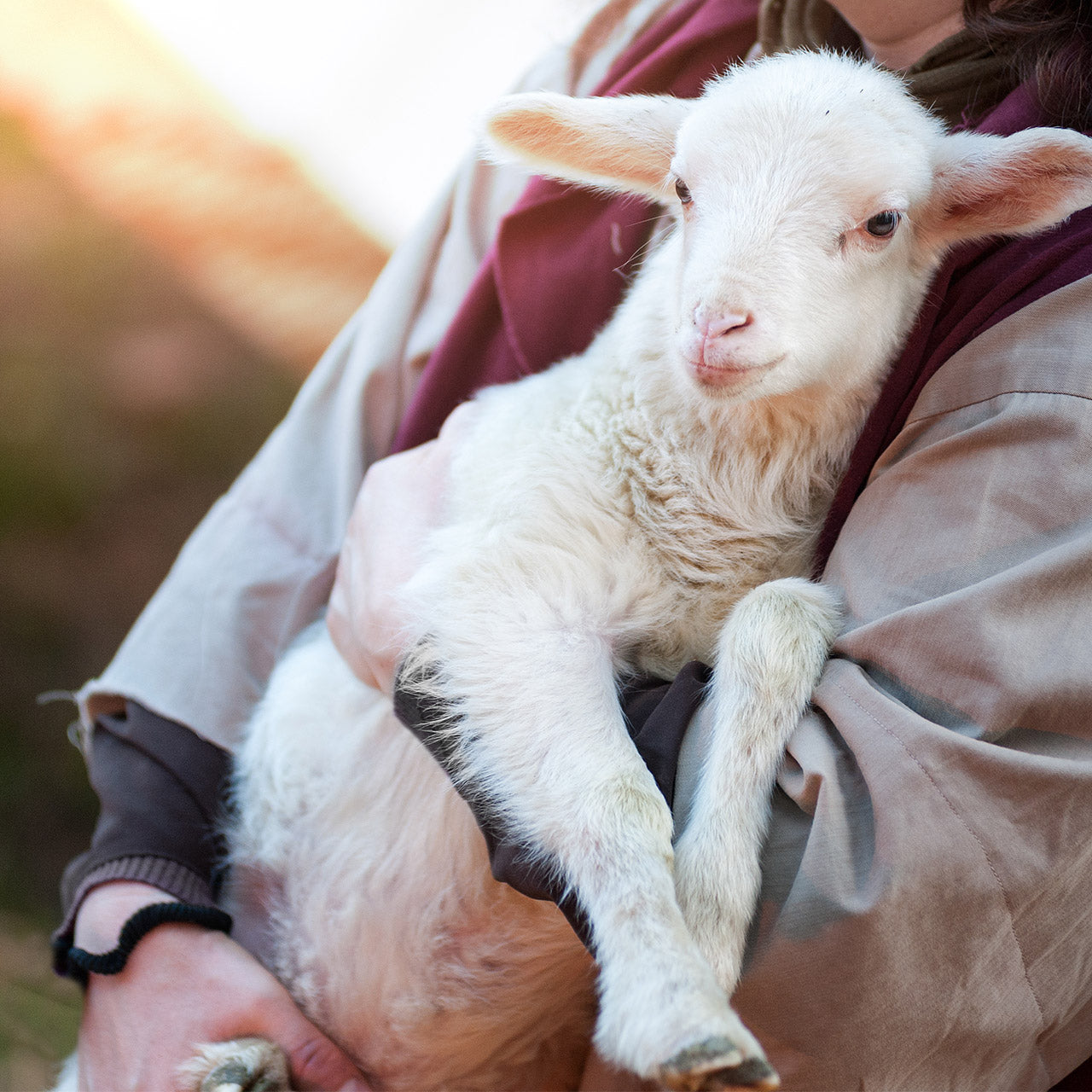
6 Tips for weaning lambs off milk
Milk is a baby lamb’s favorite food. Removing it from their diet can be a dreaded and stressful time for all involved. That’s why when it comes to weaning lambs, it pays to plan ahead. You should put weaning practices into action at least two weeks before the actual weaning date to make life without milk a little easier on your baby lambs.
Weaning may take place as early as 30-45 days for baby lambs on sheep milk replacer as long as the lamb is healthy, eating hay and grain daily, and has tripled its birth weight. It’s best to wean baby lambs abruptly. However, preparing for weaning lambs ahead of time can make the entire process much less stressful.
Use these six tips to help wean your lambs:
1. Get baby lambs off to a strong start in life
Nutrition is the most important component of a young lamb’s life, setting the stage for future health and growth.
Feeding a high-quality sheep milk replacer helps ensure baby lambs will be in tip-top shape when it’s time to wean. Lambs raised on a high-energy, all-milk formula will be better prepared to tackle the rigors of weaning.
A 30% fat, 23% protein sheep milk replacer is recommended to support healthy and growing baby lambs. Look for a sheep milk replacer formulated to support digestive health and immunity with ingredients such as probiotics and yeast extract, as well as necessary vitamins and minerals.
You may also want to supplement your baby lambs’ diet with electrolytes during times of stress or illness to replenish lost nutrients and fluids. Choose an electrolyte supplement containing:
- Balanced levels of electrolytes and glycine to support hydration.
- Probiotics and kaolin to support digestive health.
- Dextrose to provide energy.
2. Make sure baby lambs are drinking plenty of water
Water is an essential part of the lamb’s diet. They drink about 1-2 gallons of water per day so it’s important to ensure they always have access to clean, fresh water.
Growing lambs need to drink water more often than adult sheep because they have a higher metabolism rate and a greater percentage of their body weight is water. Lambs are also just starting to eat dry feed and water is essential for digesting it in the developing rumen.
3. Make sure baby lambs are eating solid feed
For baby lambs to become independent, they must learn to consume nutrients and energy from a source other than milk or sheep milk replacer.
Start lambs on solid feed, such as a high-protein creep feed pellet and hay at least two to three weeks prior to weaning. Starting to offer dry feed earlier will help lambs consume at least one-half pound of solids per day before being weaned.
4. Keep baby lambs in familiar surrounding
Familiarity reduces stress. Therefore, do not move baby lambs to a new location when weaning them. Instead, try to wean baby lambs in the same pen in which they were raised. When separating the lamb from its mother, move the ewe to a new location rather than the lamb.
The lamb’s ability to find feed and water is critical to ensure it is eating and drinking enough to reduce weight loss during the first few days after weaning lambs.
5. Avoid additional stressors
Baby lambs have enough on their plates during weaning without adding the trauma of vaccinations, deworming, castration, or tagging. These tasks should be completed well in advance of weaning to avoid compounding additional stress on the lamb. Baby lambs should receive their first vaccination shot within the first month after birth and a booster vaccination three to four weeks later.
Discuss vaccination schedules and other management practices with your veterinarian as part of your animal health plan. A good relationship with your veterinarian can help your vet become more familiar with your farm and to be best prepared for emergencies.
If it’s not practical to perform these jobs prior to weaning lambs, then it’s best to wait until weaning is complete and baby lambs are well-adjusted to their new lifestyle.
6. Watch for health problems
Because baby lambs can be more susceptible to illness during the weaning phase, be on the lookout for any potential health problems like pneumonia, scours and coccidiosis. If an illness is detected, address promptly and seek veterinary advice when necessary.
We’re here to help you navigate all aspects of young animal nutrition. Read more tips about feeding baby lambs.
Find Solutions for Your Animals
-
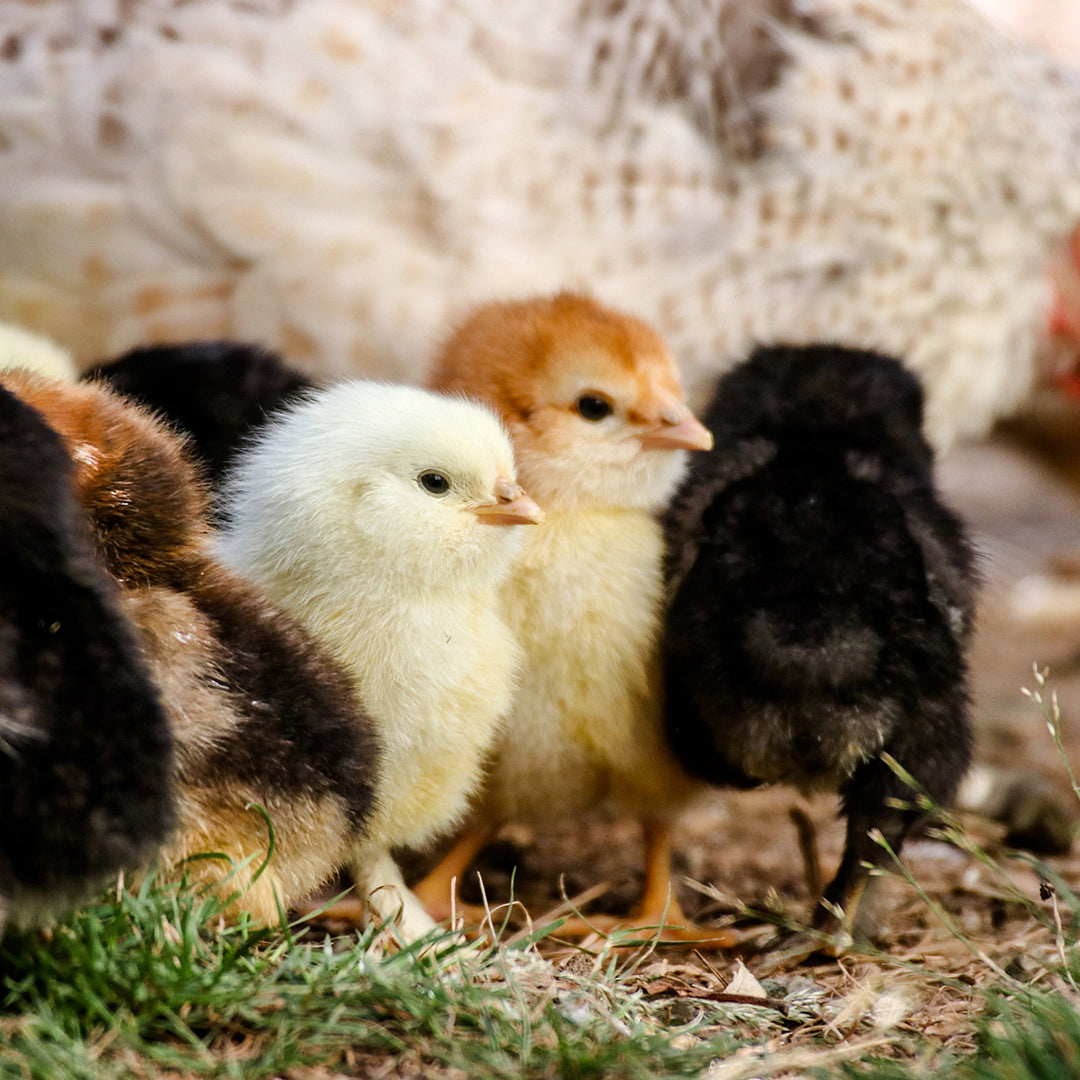
Whether housed in a coop or free ranging on your farm, your birds are exposed to multiple threats every day that could cause illness or impact their well-being. Now there’s a way to be more proactive with regular support for...
-
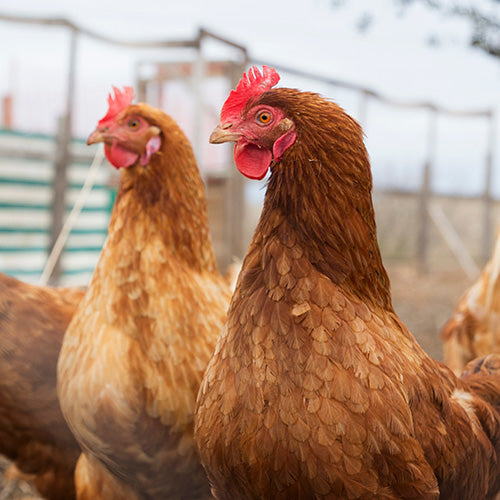
You’ve raised your chicks to adulthood and now they’re fully feathered hens. Way to go! Now, you get to enjoy their eggs and companionship for years to come. To maximize their life, support their production potential and kee...
